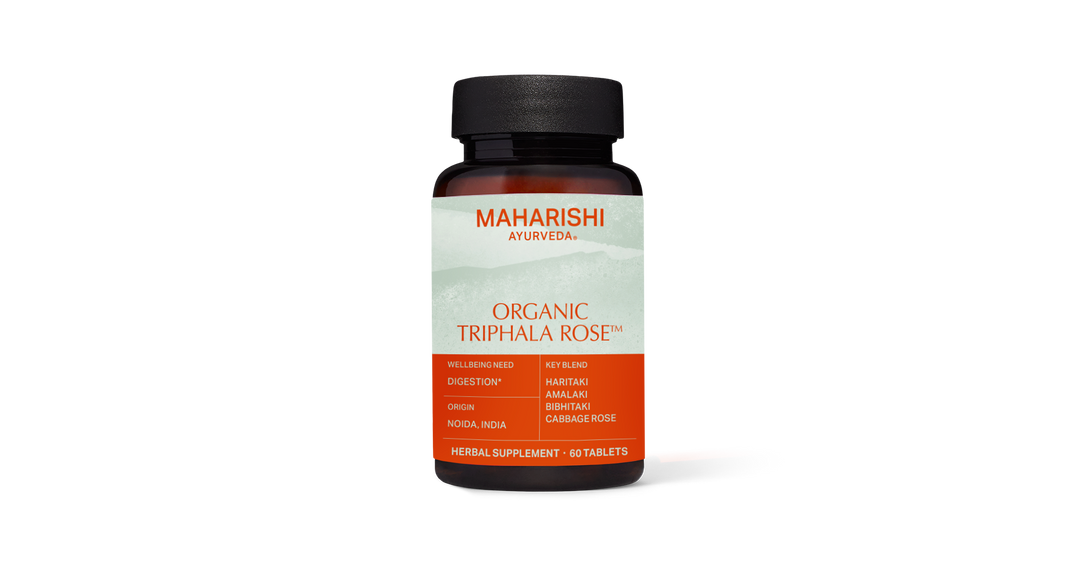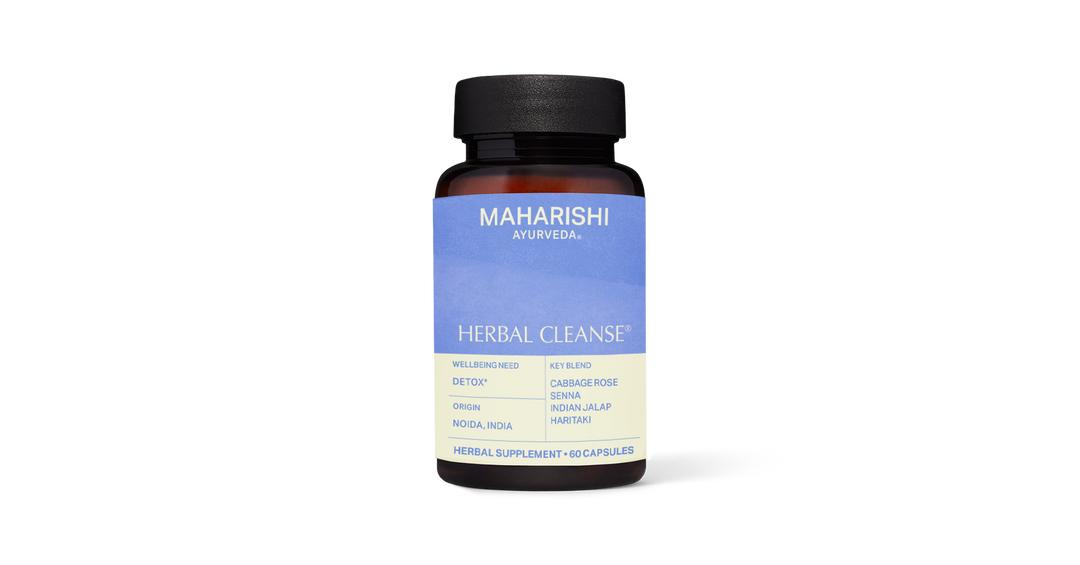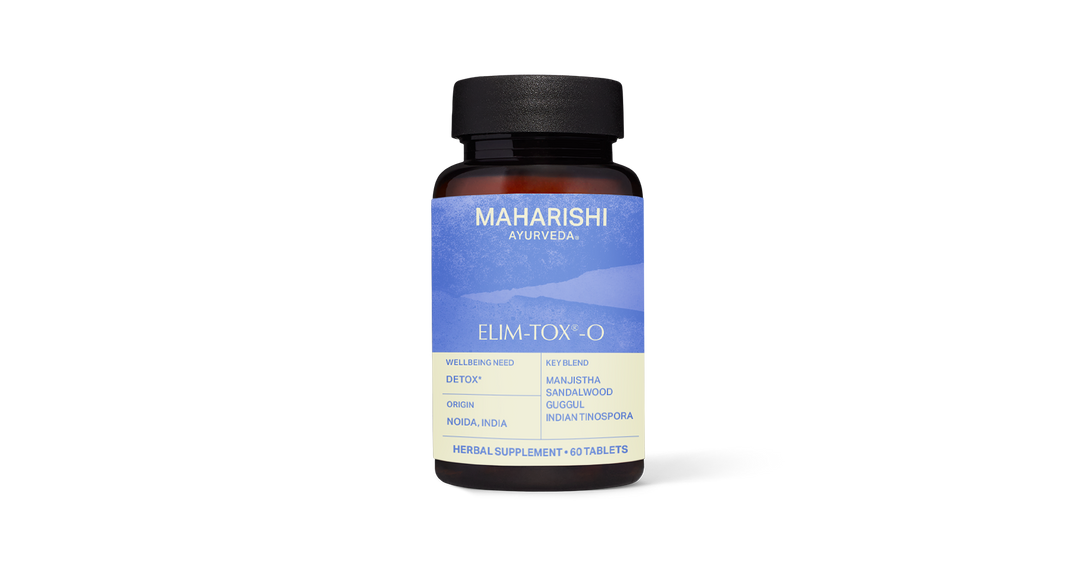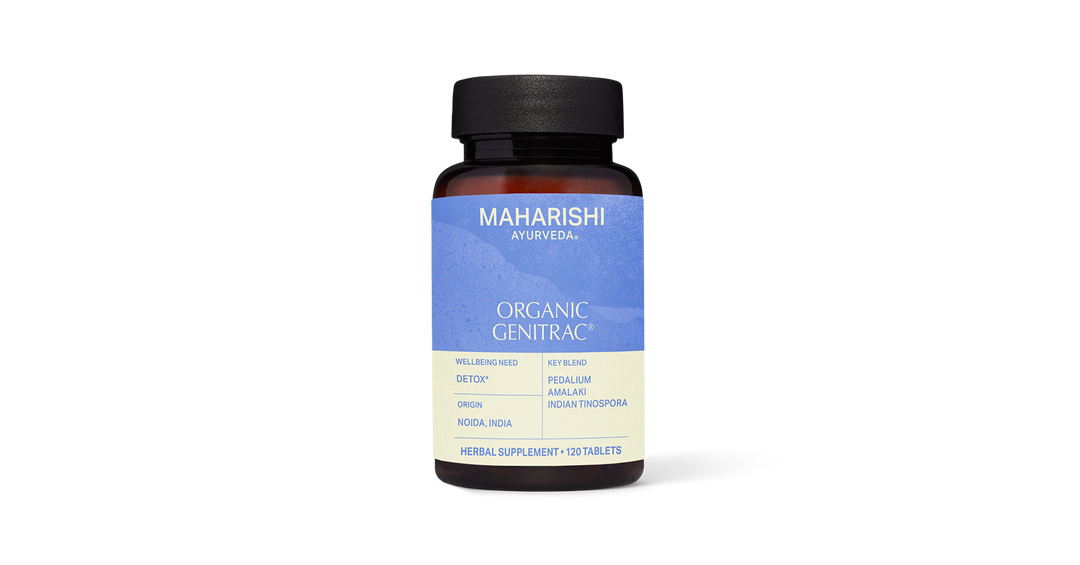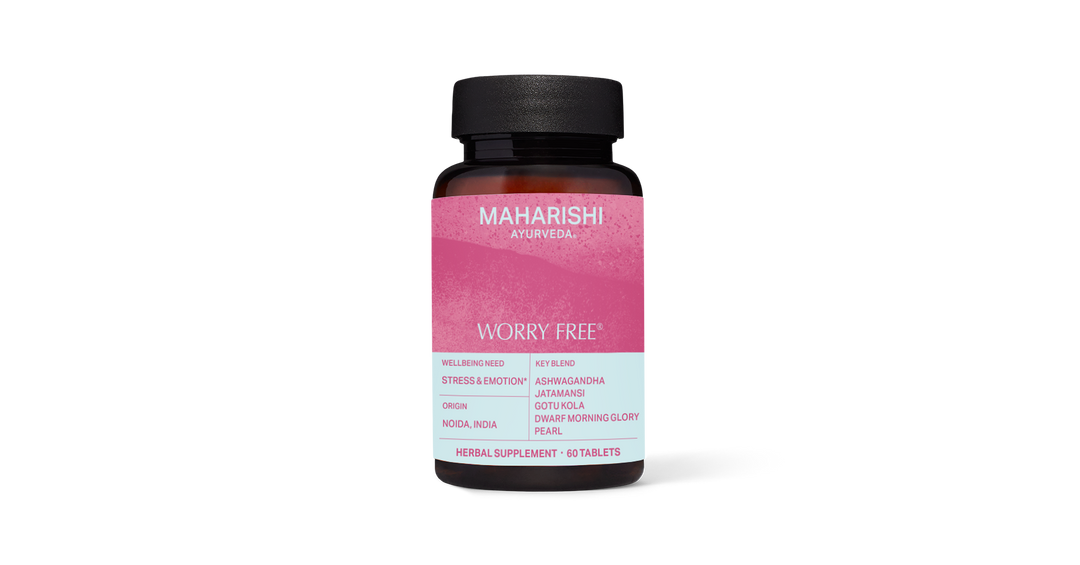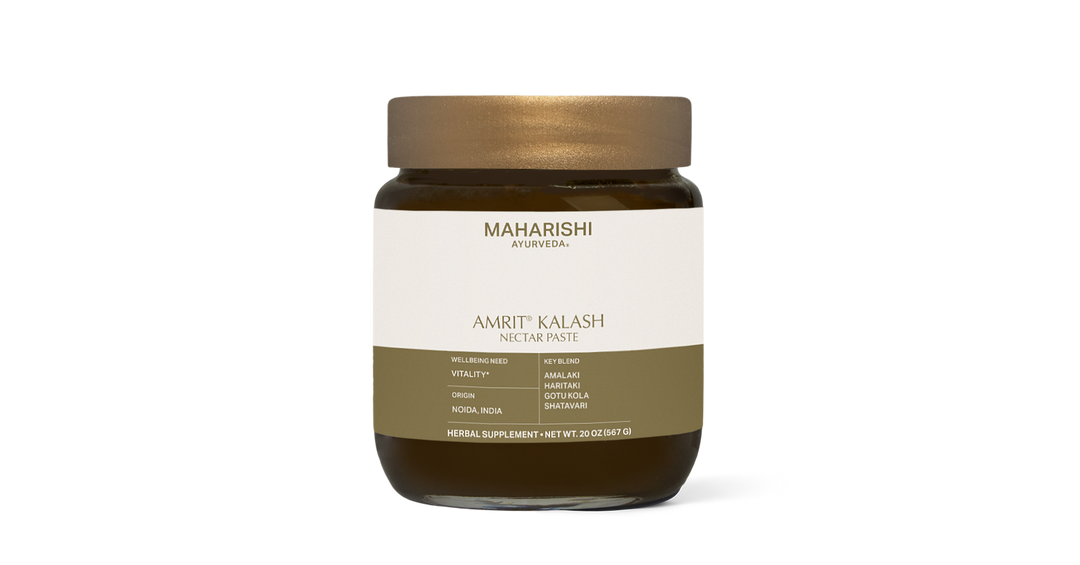By Mark Toomey Ph.D., Director of Ayurvedic Programs at The Raj Ayurvedic Spa
The Ayurvedic approach to breast health centers on diet, lifestyle and exercise, all of which are recognized as risk-reducing choices by Western experts. The current medical view also emphasizes early detection.
Regular breast examinations by health care professionals, regular mammograms and self examination of breasts, along with a healthy diet and exercise to decrease excess body fat, lower the risk.
Healthy diet is also a large component of breast health, including the limitation of dietary fat, eating a balanced diet that includes plenty of nutrients, consuming dietary fiber such as is found in fruits and vegetables, and restricting intake of alcohol to a maximum of two drinks per day or less.
Ayurveda and breast health
In ayurveda the channels of the female reproductive system are called the Artava Vaha Srotas. They include all the reproductive tissue, breasts and all secretions including breast milk.
The Artava Vaha Srotas function in conjunction with the endocrine system, which coordinates hormonal secretions within the Artava Vaha Srotas and also helps with immunity, metabolism and all the various levels of the female physiology.
Keeping the "channels" clear of toxins — ama — is essential. Proper diet, lifestyle, exercise, and select Ayurvedic herbs all help remove ama from the channels everywhere in the body. A regular approach to ama reduction is advised. It forms a foundation of good health in the Ayurvedic view.
Balancing the doshas
Keeping the doshas in balance — and free of ama (impurities) — is emphasized in Ayurveda.
Within Artava Vaha Srotas, Vata dosha governs the functions of timing, communication and coordination of the various cycles.
Pitta dosha governs the functions of hormones and blood and their interface with Artava Vaha Srotas, such as in the lunar cycle of menstruation and later on in life with menopause. Kapha dosha governs the mucosal properties.
In Ayurveda, breast milk is formed from the finest product of digestion, called rasa. Therefore the quality of not only the food but that of digestion is considered when accounting for the quality of breast milk. Whatever the woman takes into her body will end up in her breast milk.
This relationship with the environment and the child has been recognized by Ayurveda for thousands of years. There is an ancient Ayurvedic mantra (sound) for women to recite while feeding their babies — recognizing the importance of the breast and the milk to the health of the child:
"O fortunate women! All the four seas should produce constant flow of milk from your breast for increased strength of the child. O beautiful women! As the deities obtained longevity by consuming nectar, similarly the child should also get longevity by consuming your milk which is also nectar."
Tips from Ayurveda supporting breast health
1. Regular seasonal cleanse
The concept of ama is unique to Ayurveda. Ama is heavy and sticky, and accumulates in the channels of the body.
The channels are called srotas in Sanskrit. There are millions of channels everywhere in the body. This is where ama collects. Basic ama is formed through poor dietary habits and low digestive fire. Over time, ama tends to accumulate in the system and block the channels of the body, and, according to the Ayurvedic understanding, causes a variety of conditions.
Another type of ama, called amavisha, is more toxic. This type of ama mixes with the doshas, tissues, or waste products of the body, causing more chronic problems. A third type of ama is called garavisha; this is associated with the bioaccumulation of environmental toxins.
Ayurveda states that one should "eliminate that which is not wholeness, that which is disrupting, by that which is suitable for the self, with procedures and preparation to restore the self to reestablish prakriti (wholeness) and pacify by that which is conducive to health."
A 2002 study by Maharishi University of Management scientists, Dr. Robert Herron and Dr. John Fagan showed that Maharishi Ayurveda Panchakarma therapy, a traditional way of reducing ama, greatly reduces the levels of 14 important "lipophilic" (i.e. fat-soluble) toxic and carcinogenic chemicals in the body, which would otherwise remain in the body for a very long time.
You can learn more about panchakarma by contacting www.theraj.com, an Ayurveda panchakarma spa located near Fairfield, Iowa.
2. Reduce ama with specialized Ayurvedic herbs
Herbal Cleanse and Organic Digest Tone (Triphala Plus) are gentle yet effective herbal supplements for cleansing the bowel. Herbal Cleanse contains rare forms of Senna Leaf and Turpeth Root (Indian Jalap) along with five other herbs to aid natural elimination, enhance cellular purification and improve assimilation of nutrients.
Certain herbs are famous in Ayurveda for their detoxifying effect, such as Indian Sarsaparilla (Hemidesmus Indicus) and Manjistha (Indian Madder). These are contained in Elim-Tox and Elim-Tox-O, which are highly effective in flushing out toxins from the liver, blood, sweat glands, and elimination system. Other herbs included in these formulas are Tinospora Cordifolia (Indian Tinospora), Rose Petals and King of Bitters (Andrographis) to help balance and purify the liver.
Indian Sarsaparilla, Sandalwood and Neem Leaf promote purification of toxins through the sweat glands and the skin. Other herb groups support elimination through the urinary tract, and still others support elimination of toxins through the stool and urine by lubricating the digestive tract.
Elim-Tox or Elim-Tox-O purify all of the major elimination organs and systems in the body. Elim-Tox is faster acting, and is ideal if you have only simple ama. If you have a Pitta imbalance, or have some amount of amavisha, take Elim-Tox-O instead. It is slower-acting than Elim-Tox, but is safer for Pitta-based people because it first pacifies the reactivity of Pitta and amavisha before flushing out the toxins.
Organic Genitrac helps flush out ama from the genitourinary tract. It targets the genitourinary channels to help eliminate toxins through the urine. By using these three products together — Herbal Cleanse (or Organic Digest Tone), Elim-Tox (or Elim-Tox-O) and Organic Genitrac — you will be cleansing all of the body's detoxification organs and the srotas simultaneously to provide a holistic and balanced effect.
3. Reduce stress
Psychosocial stress could also play a role in breast health.
The Transcendental Meditation® (TM) technique has been shown in numerous research studies to positively influence physiology. The Transcendental Meditation technique, when practiced morning and evening, is an effective way to relieve anxiety and stress.
One reason TM is so effective is that it provides such deep rest that it can dissolve deep-rooted stresses that are lodged in the structure or chemistry of the body.
Certain Ayurvedic herbs also help you cope with stress. Worry Free is formulated to help calm the mind and emotions, and Stress Free Emotions supports natural resistance to emotional stress and fatigue.
There are also special herb infusions, commonly called "teas" that are actually herbal-based and contain no tea leaves. Organic Vata Tea and Worry Free Tea both help you adapt to emotional, mental or physical stress.
4. Use Amrit Kalash
Oxygen radicals are continuously generated within our cells. This is a result of normal breathing which creates something called hydroxyl radicals. These molecules damage your DNA, producing the mutations that initiate and sustain health issues later on. Studies suggest that a diet that is rich in antioxidants may help to support breast health.
Maharishi Amrit Kalash is significantly more powerful than other antioxidants; it is up to 1,000 times more effective per dose than comparable amounts of Vitamin C and Vitamin E in scavenging free radicals and preventing damage to the body.
Research also shows that Maharishi Amrit Kalash:
- Improves cardiovascular and neurophysiologic functioning
- Reduces chemical toxicity
- Improves immunity
- Balances emotions
- Improves mental clarity
5. The power of your daily choices: diet and routine - awakening the ability to restore balance
When a person is assessed correctly by a Vaidya (Ayurvedic expert), the Vaidya has a fairly comprehensive image of the unique nature of the individual, their prakriti and vikriti:
- Prakriti means nature. This is your unique quality of inner intelligence that governs all aspects of your mind and body.
- Vikriti is your imbalance. Only through skilled assessment and knowledge can an effective series of Ayurvedic procedures be recommended to maintain or restore health.
In Ayurveda, it is essential to not create a new imbalance or set of issues. At the same time, the final goal is to provide intelligent and natural purification to re-balance all areas of the body and mind. The core of the program is to support the body’s natural ability to purify and strengthen itself.
In Ayurveda, diet and routine are individualized. Ayurveda recognizes that the expression of natural law creates a diverse range of people and therefore should follow those particular laws of nature related to their unique state of mind and body.
Balancing the Doshas Is Always a Good Practice
Within Artava Vaha Srotas, Vata governs the functions of timing, communication and coordination of the various cycles. Pitta governs the functions of hormones and blood and their interface with Artava Vaha Srotas, such as in the lunar cycle of menstruation and later on in life with menopause. Kapha governs the mucosal properties. Keeping these elements (doshas) in balance — and free of ama (impurities) — is emphasized in ayurveda.
In ayurveda, breast milk is formed from the finest product of digestion, called rasa. Therefore the quality of not only the food but that of digestion is considered when accounting for the quality of breast milk. Whatever the woman takes into her body will end up — no surprise — in her breast milk.
This relationship with the environment and the child has been recognized by ayurveda for thousands of years. There is an ancient ayurvedic mantra (sound) for women to recite while feeding their babies — recognizing the importance of the breast and the milk to the health of the child:
"O fortunate women! All the four seas should produce constant flow of milk from your breast for increased strength of the child. O beautiful women! As the deities obtained longevity by consuming nectar, similarly the child should also get longevity by consuming your milk which is also nectar."
Our Chemical World — Your Endangered Breasts
Contamination of human milk is widespread and is the consequence of decades of inadequately controlled pollution of the environment by toxic chemicals. Polychlorinated biphenyls (PCBs), DDT and its metabolites, dioxins, dibenzofurans, polybrominated diphenyl ethers (PBDEs), and heavy metals are among the toxic chemicals most often found in breast milk. The importance of pure breast milk is obvious for the child's health but now, in some Scandinavian countries, the government measures environmental toxicity by testing the quality of a sample from the female population's breast milk. Their public health scientists feel that if breast milk is contaminated, then a woman's health is at risk whether she is pregnant or not. That's because these environmental toxins are usually fat-soluble "lipophilic" chemicals. This means they can be stored and accumulated over time in body fat.
Tips from Ayurveda Supporting Breast Health
1. Regular seasonal cleanse
The concept of ama is unique to ayurveda.
Ama is heavy and sticky. Think of the plaque accumulating in arteries — it's like that. Ama accumulates in the channels of the body. The channels are called srotas in Sanskrit. There are millions of channels everywhere in the body. This is where ama collects. Basic ama is formed through poor dietary habits and low digestive fire. Over time, ama tends to accumulate in the system and block the channels of the body, and according to the ayurvedic understanding, causes a variety of conditions. Another type of ama is more toxic — it's called amavisha. This type of ama mixes with the doshas or tissues or waste products of the body. This type of ama causes more chronic problems, in the ayurvedic view. A third type of ama is called garavisha; this is associated with the bioaccumulation of environmental toxins.
Ayurveda states that one should, "Chikitsatam vyadhikaram pathyam sadharanam aushadam prayshitam prakritisthapanprashanam itaman." This means "Eliminate that which is not wholeness, that which is disrupting, by that which is suitable for the self, with procedures and preparation to restore the self to reestablish prakriti (wholeness) and pacify by that which is conducive to health."
In a study published in Alternative Therapies in Health and Medicine in its September/October 2002 issue, two Maharishi University of Management scientists, Dr. Robert Herron and Dr. John Fagan, have shown that Maharishi Ayurveda Panchakarma therapy, a traditional way of reducing ama, greatly reduces the levels of 14 important "lipophilic" (i.e. fat-soluble) toxic and carcinogenic chemicals in the body, which would otherwise remain in the body for a very long time.
Dr. Herron, co-author of the study, said "This is the first published study on humans to show that a specific detoxification regimen can significantly reduce blood levels of lipophilic toxicants known to be associated with many health conditions." You can learn more about panchakarma by contacting www.theraj.com, an ayurveda panchakarma spa located near Fairfield, Iowa.
2. Reduce Ama with Specialized Ayurvedic Herbs
Herbal Cleanse and Organic Digest Tone (Triphala Plus) are gentle yet effective herbal supplements for cleansing the bowel. Herbal Cleanse contains rare forms of Senna Leaf and Turpeth Root (Indian Jalap) along with five other herbs to aid natural elimination, enhance cellular purification and improve assimilation of nutrients.
Certain herbs are famous in ayurveda for their detoxifying effect, such as Indian Sarsaparilla (Hemidesmus Indicus) and Manjistha (Indian Madder). These are contained in Elim-Tox and Elim-Tox-O, which are highly effective in flushing out toxins from the liver, blood, sweat glands and elimination system. Other herbs included in these formulas are Tinospora Cordifolia (Indian Tinospora), Rose Petals and King of Bitters (Andrographis) to help balance and purify the liver. Indian Sarsaparilla, Sandalwood and Neem Leaf promote purification of toxins through the sweat glands and the skin. Other herb groups support elimination through the urinary tract, and still others support elimination of toxins through the stool and urine by lubricating the digestive tract. You can see that just this one product (either Elim-Tox or Elim-Tox-O) purifies all of the major elimination organs and systems in the body. Elim-Tox is faster acting, and is ideal if you have only simple ama. If you have a Pitta imbalance, or have some amount of amavisha, take Elim-Tox-O instead. It is slower-acting than Elim-Tox, but is safer for Pitta-based people because it first pacifies the reactivity of Pitta and amavisha before flushing out the toxins. Finally, Organic Genitrac helps flush out ama from the genitourinary tract. It targets the genitourinary channels to help eliminate toxins through the urine. So you can see that by using these three products together — Herbal Cleanse (or Organic Digest Tone), Elim-Tox (or Elim-Tox-O) and Organic Genitrac — you will be cleansing all of the body's detoxification organs and the srotas simultaneously to provide a holistic and balanced effect.
3. Reduce Stress
Psychosocial stress could also play a role in breast health.
The Transcendental Meditation® technique has been shown in numerous research studies to positively influence the physiology. The Transcendental Meditation technique, when practiced morning and evening, is the most effective way to relieve anxiety and stress, according to research conducted at Stanford University as well as hundreds of other research studies. One reason that Transcendental Meditation is so effective is that it provides such deep rest that it can dissolve deep-rooted stresses that are lodged in the structure or chemistry of the body. In studies comparing the Transcendental Meditation technique with other programs of self-development available today, Transcendental Meditation was found to surpass the others in results.
A field study compared five years of medical insurance utilization statistics of approximately 2,000 regular participants in the Transcendental Meditation (TM) program with a normative data base of approximately 600,000 members of the same insurance carrier. Admissions per 1,000 were lower for the TM group than the norm for all of 17 major medical treatment categories, including 55.4% for benign and malignant tumors, 87.3% for heart disease, 30.4% for all infectious diseases, 30.6% for all mental disorders, and 87.3% for diseases of the nervous system.
Certain ayurvedic herbs also help you cope with stress. Worry Free is formulated to help calm the mind and emotions, and Stress Free Emotions supports natural resistance to emotional stress and fatigue. There are also special herb infusions, commonly called "teas" that are actually herbal-based and contain no tea leaves. Organic Vata Tea and Worry Free Tea both help you adapt to emotional, mental or physical stress.
4. Use Amrit Kalash
Oxygen radicals are continuously generated within our cells. This is a result of normal breathing which creates something called hydroxyl radicals. These molecules damage your DNA, producing the mutations that initiate and sustain health issues later on. Studies suggest that a diet that is rich in antioxidants may help to support breast health. This led to recent UK government advice that individuals should consume at least five portions of fruits or vegetables each day.
How important is diet? It's so important that in England, the UK Department of Health has now created campaigns like the National School Fruit Scheme and the Five-a-Day Community Projects.
Published scientific findings on Maharishi Amrit Kalash show that it is significantly more powerful than other antioxidants; it is up to 1,000 times more effective per dose than comparable amounts of Vitamin C and Vitamin E in scavenging free radicals and preventing damage to the body. Research also shows that Maharishi Amrit Kalash improves cardiovascular and neurophysiologic functioning; reduces chemical toxicity; improves immunity; balances emotions; and improves mental clarity. It gives full-spectrum, super-antioxidant power.
5. The Power of Your Daily Choices: Diet and Routine — Awakening the Ability to Restore Balance
When a person is assessed correctly by a Vaidya (ayurvedic expert), the Vaidya has a fairly comprehensive image of the unique nature of the individual, their prakriti and vikriti. Prakriti means nature. This is your unique quality of inner intelligence that governs all aspects of your mind and body. Vikriti is your imbalance. Only through skilled assessment and knowledge can an effective series of ayurvedic procedures be recommended. This is the sequence of recommendations required to maintain or restore health. In ayurveda it is essential to not create a new imbalance or new set of issues. At the same time the final goal is to provide intelligent and natural purification to re-balance all areas of the body and mind. The core of the program is this: support the natural ability of the body to purify and strengthen itself.
In ayurveda diet and routine are individualized, because ayurveda recognizes that the expression of natural law creates a diverse range of people and therefore should follow those particular laws of nature related to their unique state of mind and body.
Making smart lifestyle and diet choices
What is most important to learn from this science is that it is environmental factors like diet, stress, daily routine, environmental toxins, and prenatal nutrition that influence your genes. The science is called epigenetics.
Epigenetics refers to the controllers of patterns of gene expression in cells. These ultimately give rise to the complex and interacting tissues in the body. These patterns of gene expression are governed by the epigenome, which sits on top of the genome. These epigenetic markers are like software writing to the hardware. They tell your genes to switch on or off and are important to health.
What science is implying is that a person needs a specific diet and routine to influence the expression of their genes. Ayurveda has been doing this for thousands of years without the need of having your DNA analyzed.
What we now know is that your genes are not your fate. The evidence points to a simple Ayurvedic truth: your genetic destiny lies in the intelligent choices you make. Knowledge and health tools from Ayurveda can help with those choices and those risks.
One of Ayurveda's great recognitions is that the body and mind want to be in balance and, in fact, are designed to achieve and maintain balance. The systems and organs that support these remarkable states of physical and mental well-being are already there.
Detoxify the bowel
In Ayurveda, constipation or irregular bowel movements causes the malas, or body wastes, to be reabsorbed by the body. This creates toxins in the rasa dhatu, or nutritive fluid, the rakta dhatu, or blood, and from there the other dhatus. Regular bowel movements are the primary day-to-day detoxification channel.
If the stool is very dry or slow, try adding more ghee to the diet or drink herbal water. Add spices to your food to support digestion and liver function.
Eat foods with more soft fibers such as oatmeal, tender leafy greens, summer squashes, and cooked or soaked prunes and figs. Avoid a Vata-aggravating diet or drying diet, and avoid drying foods such as crackers, dried cereal, raw foods and any foods that are drying for the bowel.
Take Herbal Cleanse, Organic Triphala Rose, or one tablespoon of psyllium seed husk soaked in one cup of warm water before bed to help cleanse the bowel.
Ayurvedic detox tips
Avoid foods that tend to create toxins (ama) in the body
These include:
- Leftovers
- Packaged, canned, and frozen foods
- Foods grown with chemicals, GMO's, pesticides and chemical fertilizers
- Chemical additives
Eat ama-reducing foods
Favor vegetarian foods that are light, warm, and cooked. Freshly made flatbreads, freshly-made soups and dhals, organic vegetables cooked with spices, and whole grains are ideal.
Include organic fruits and vegetables in your diet
These include:
- Cooked prunes
- Figs
- Apples
- Pears
- Pineapple
- Papaya
- Cooked leafy greens
- Brussels sprouts
- Cabbage
Choose foods according to your body type or imbalances
This will help regulate your digestive fire.
Flush toxins out of the body
Drink plenty of hot water or Organic Vata Tea throughout the day to remove toxins from the body through the urine.
Get plenty of sleep
You may need more sleep while detoxifying. Go to bed before 10:00 p.m. and get up before 6:00 a.m. This aids the body's natural purification processes.
Exercise each day
Gentle exercise, such as yoga asanas and walking, support detoxification by improving digestion and elimination. During the preparation for detox and the actual self-detox program, it's best to avoid strenuous exercise.
Massage daily
Abhyanga loosens deeply-embedded impurities, allowing them to flow into the digestive tract, from where they can be easily eliminated through the bowel. The Youthful Skin Massage Oils for Men and Women are formulated to penetrate the surface skin to reach the deeper layers and tissues. Always follow your abhyanga with a warm (not hot) bath or shower.
Discover more Ayurvedic tips and advice on The Pulse.
© 1999, 2023 Maharishi AyurVeda Products International, Inc. (MAPI). All Rights Reserved. MAPI does not provide medical advice, diagnosis or treatment. These statements have not been evaluated by the Food and Drug Administration. Products are not intended to diagnose, treat, cure or prevent any disease. SEE ADDITIONAL INFORMATION.



